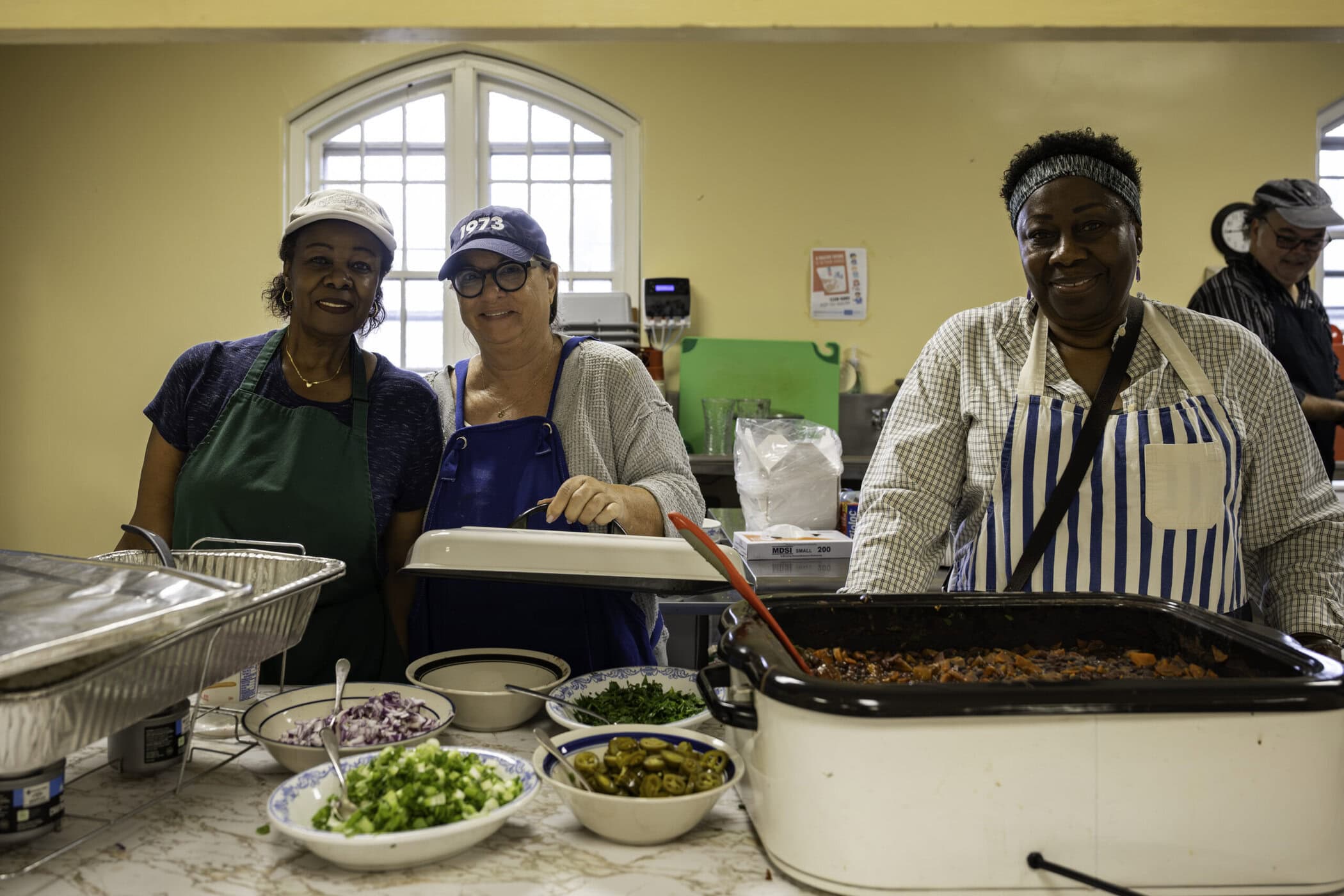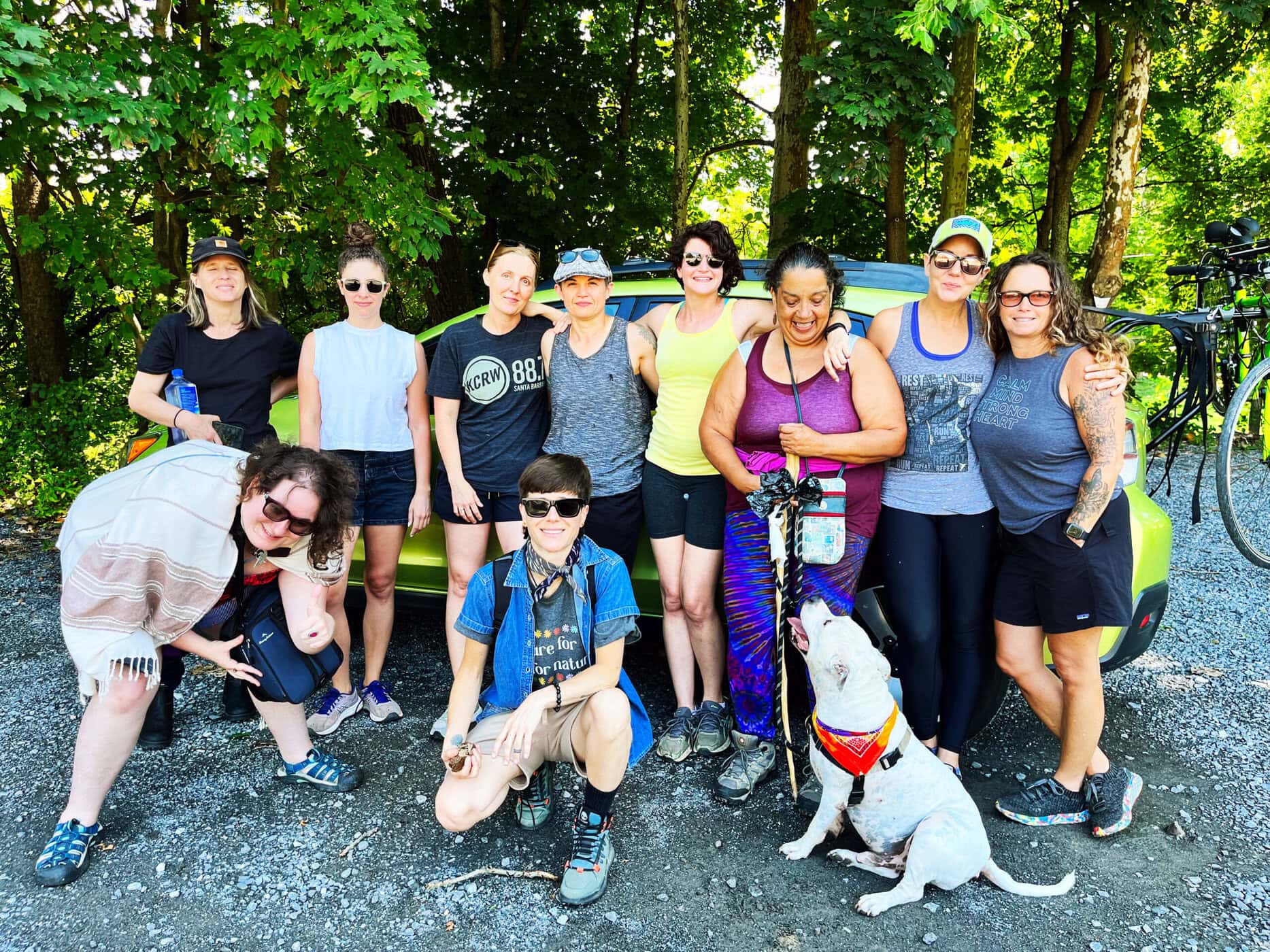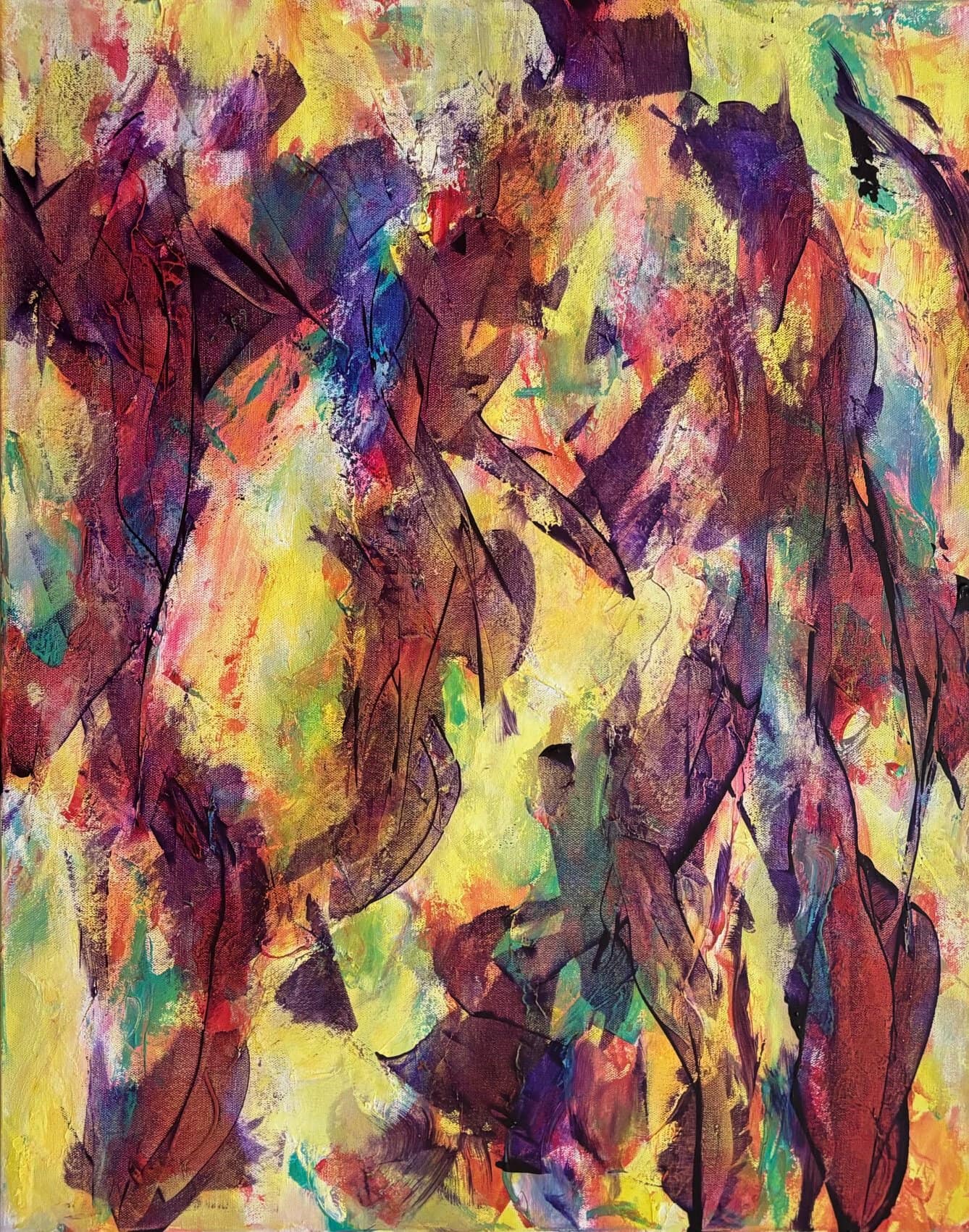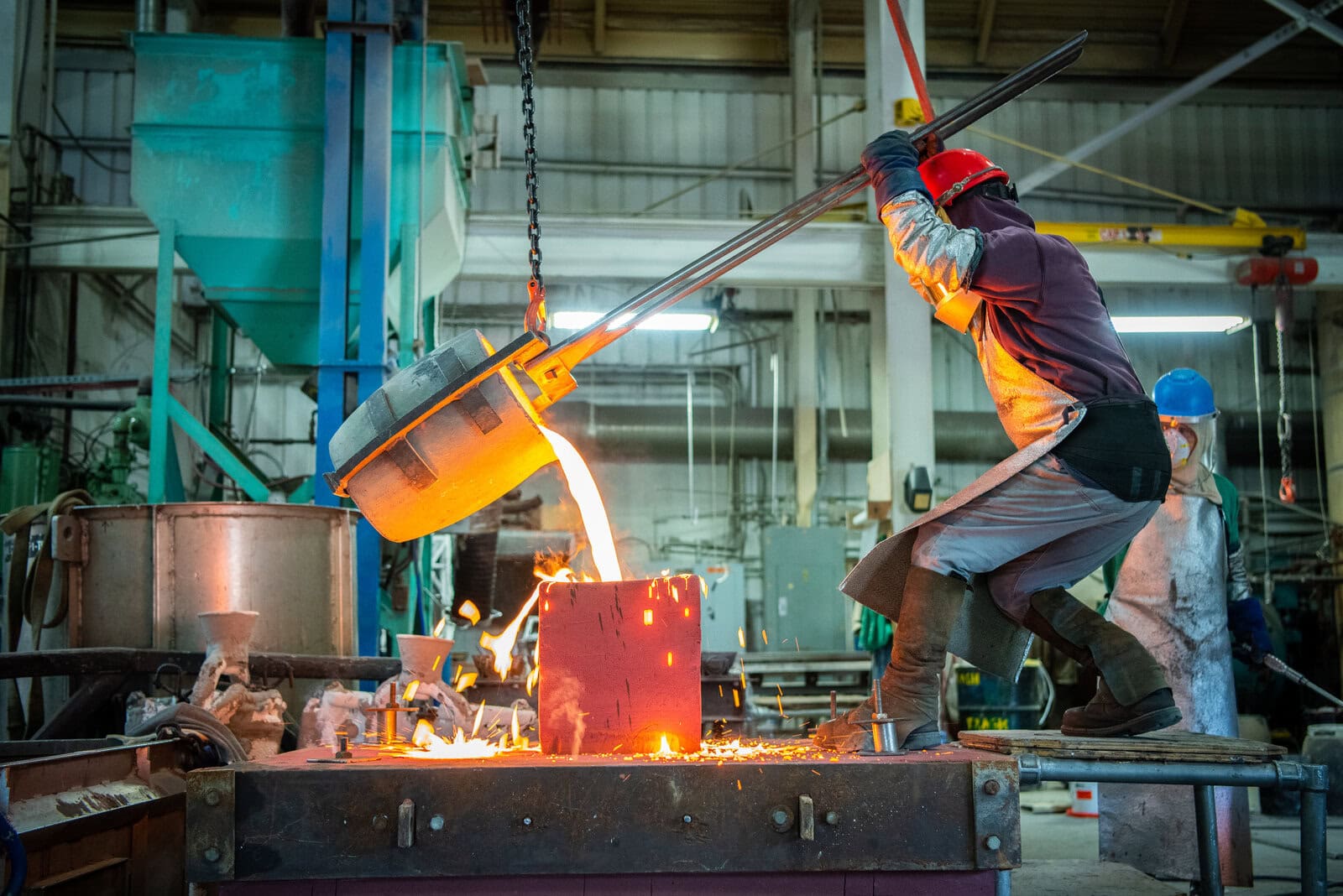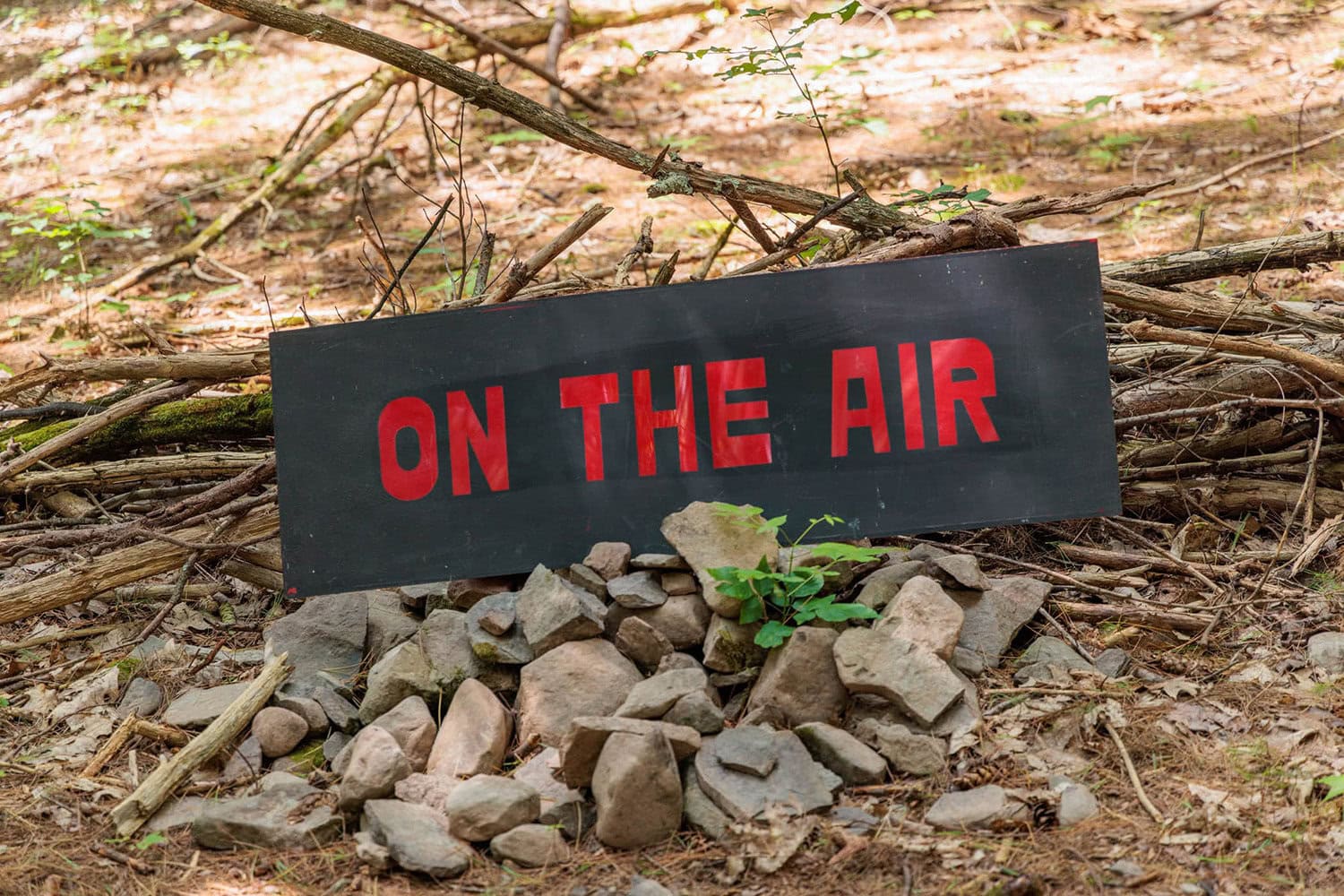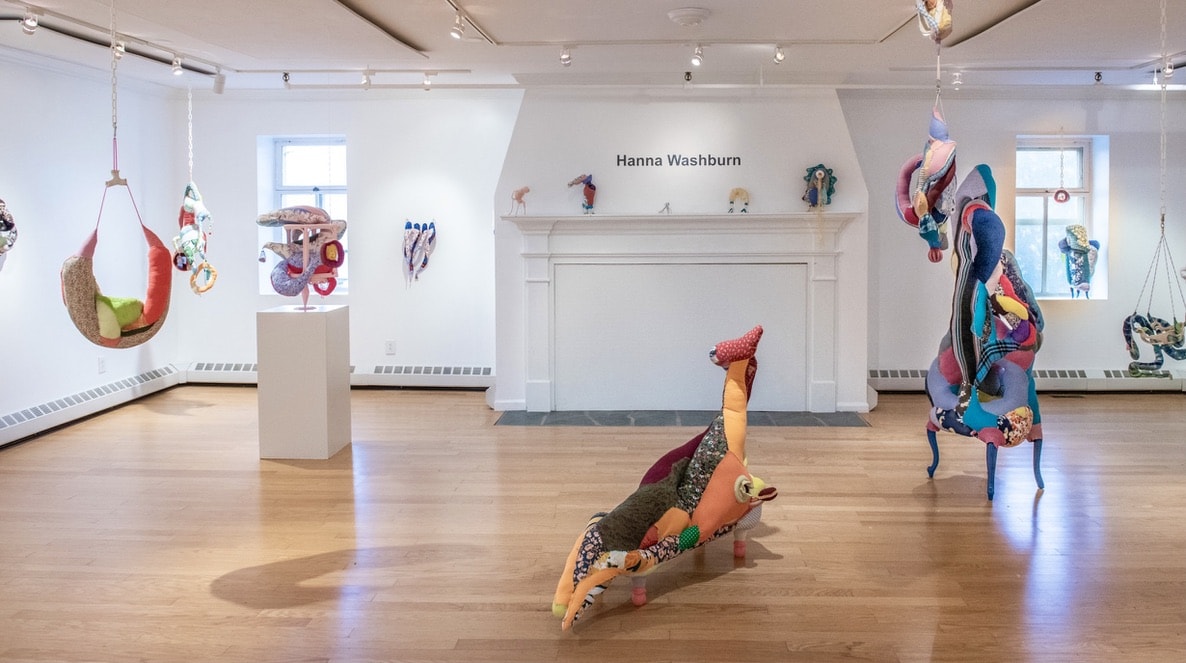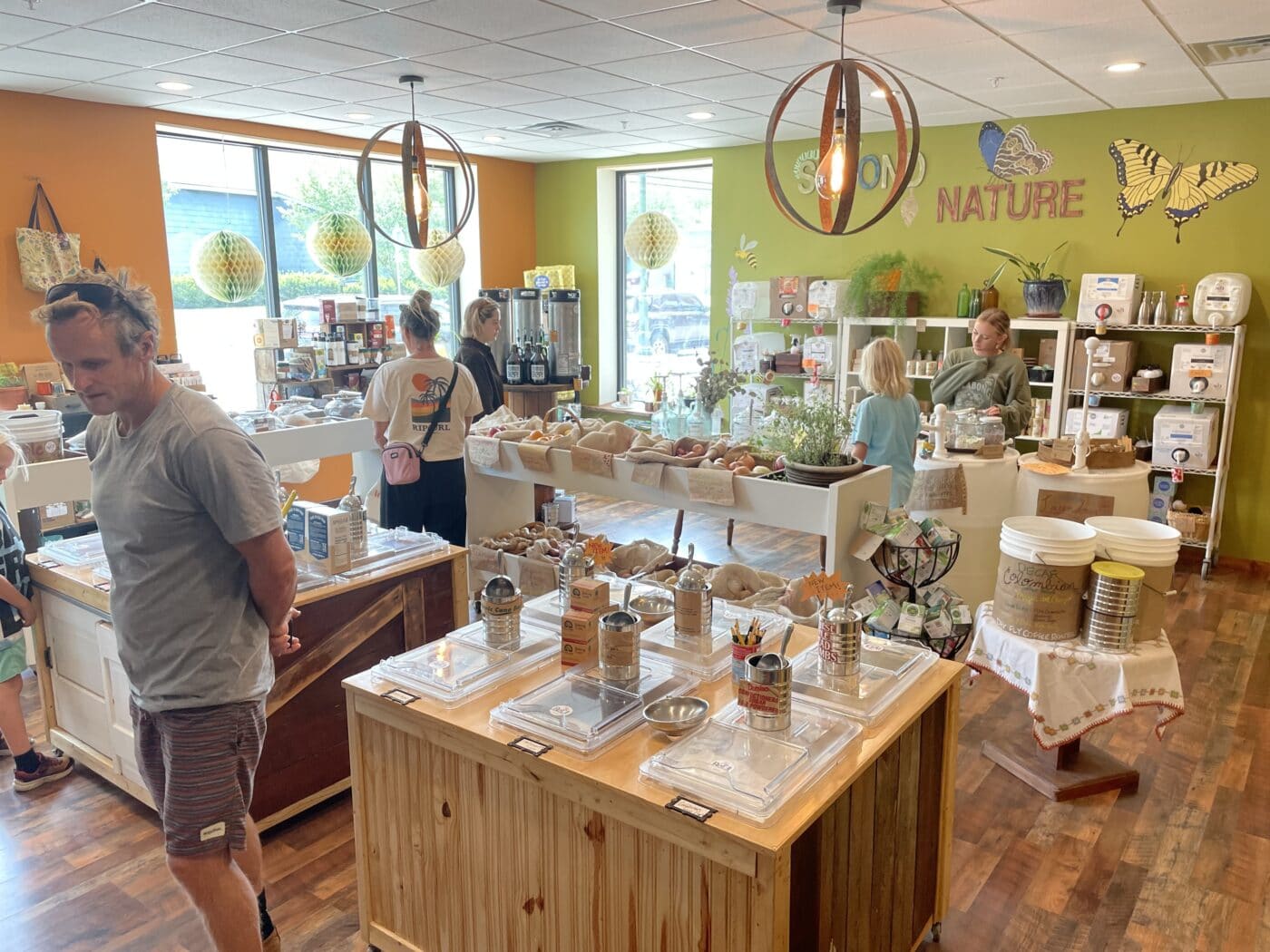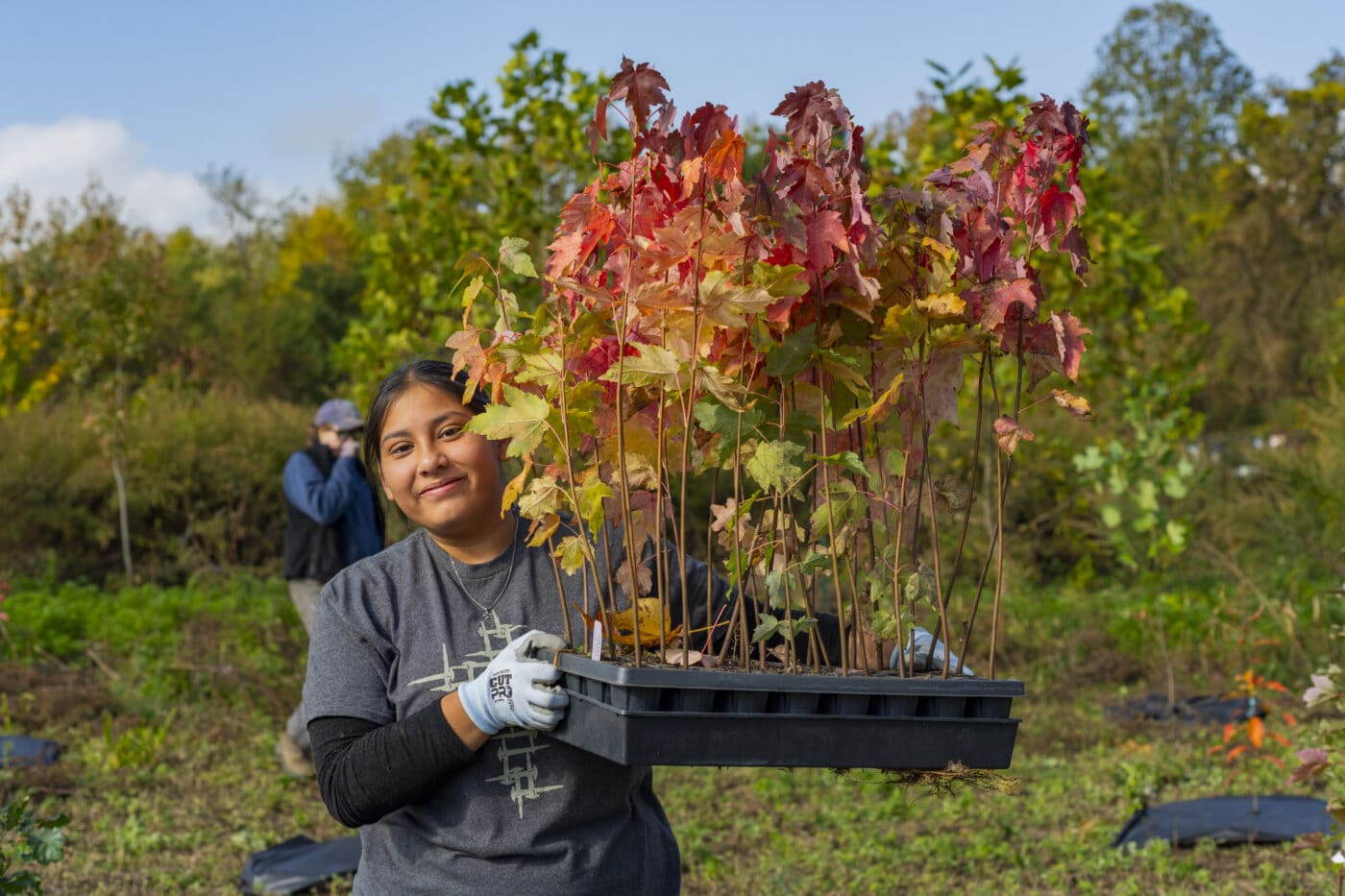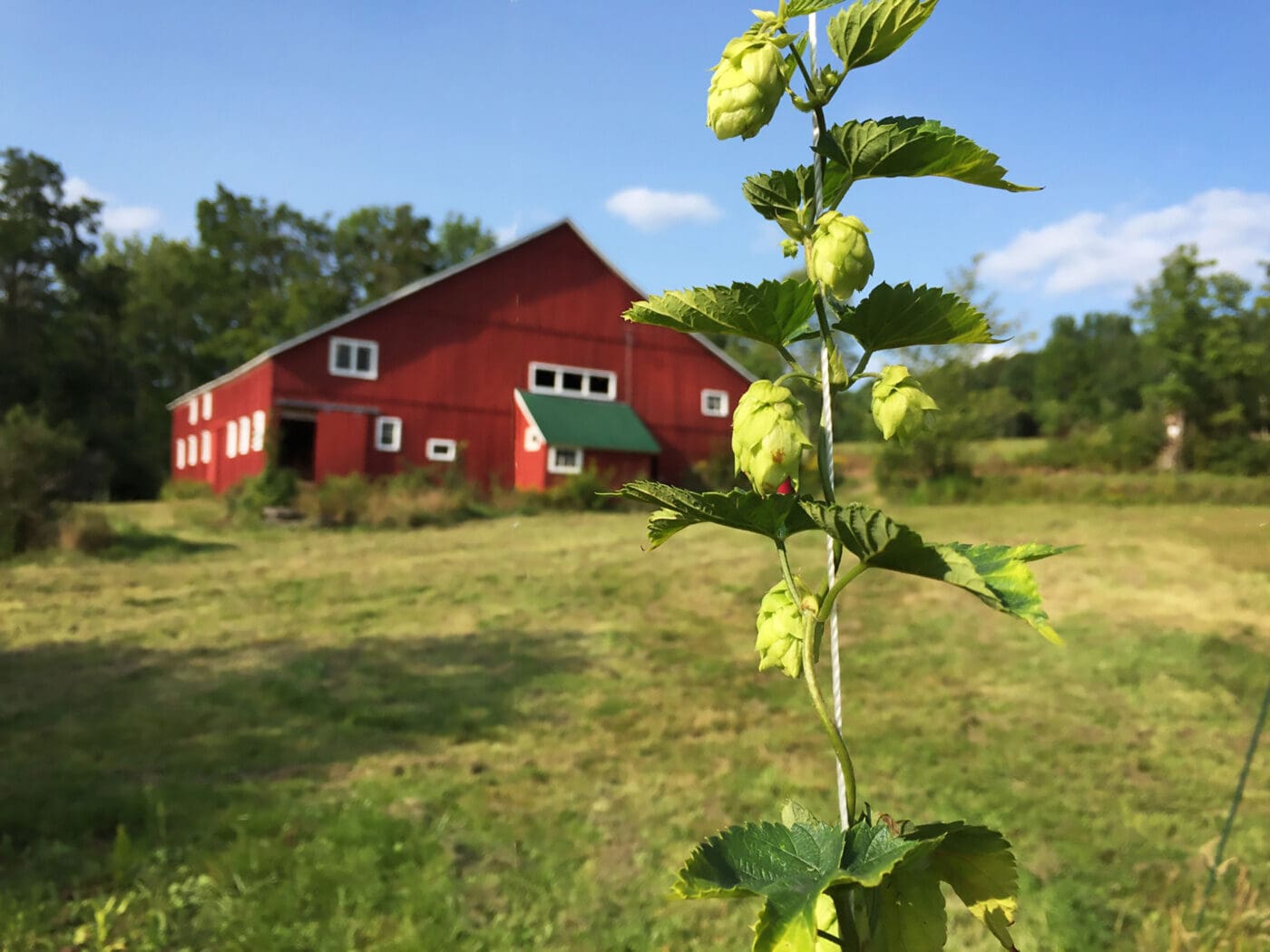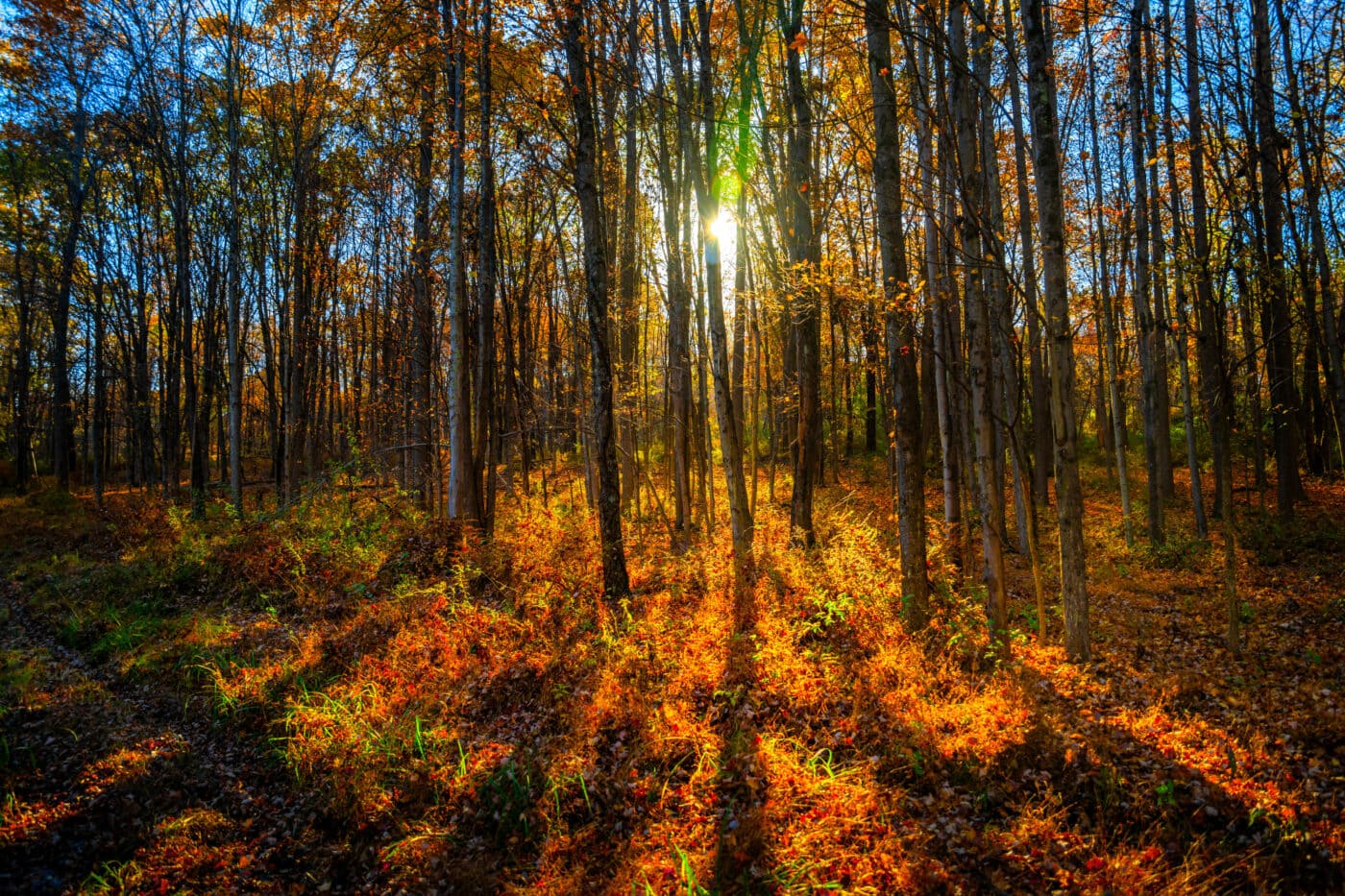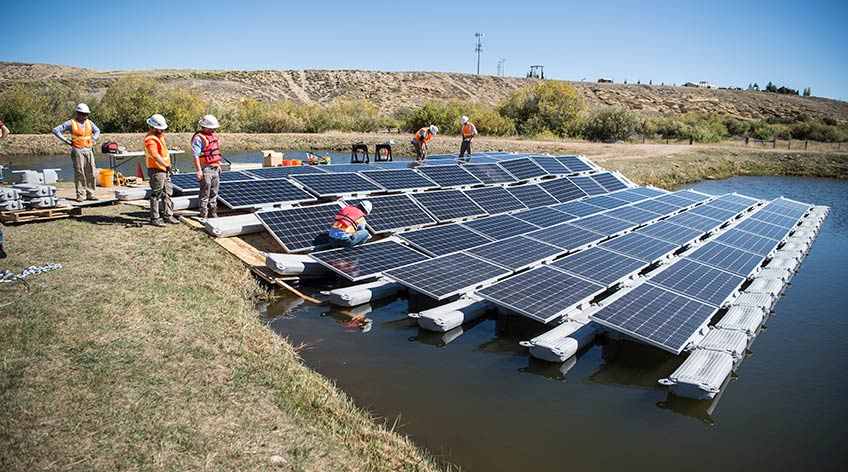For Isa Jamira, her entire life, worldview, and career have been about seeking out one thing: connection. She looked for it in her hometown of Mount Vernon, N.Y., and then in New York City, as she worked on various community gardens, events, and grassroots programs. She feels that connection with nature every time she tends to the land or just strolls through green spaces. Now she wants others to feel it, too. That calm that comes from connecting with the earth by working with the soil and growing new life with your hands. It’s humbling.
“There really is no distinction between us and nature,” Jamira says. “I think the more we realize that, the more healing that can be done within ourselves, the community, and on a global scale as well.”
For the last couple of years, the young artist, educator, and farmer has been hard at work planning her largest project yet: Liberated Lands, a fully functioning farm and outdoor education center nestled on four parcels of land in Narrowsburg. In between all the gardening and food workshops, festivals, and courses she plans to hold, Jamira wants to inspire a new generation of land stewards along the Delaware River and beyond.

Projects like Liberated Lands are part of a larger movement to get more lands back in Black farmers’ hands both in New York and nationally. Just over a century ago, 14% of U.S. farmers were Black, together owning 16 million acres. Today, according to the latest USDA census, only 1% of U.S. farmers are Black, now collectively owning just 5 million acres.
In the Hudson Valley, both activists and institutions are making purposeful efforts to plant the seeds of change. Soul Fire Farm, an Afro-Indigenous nonprofit outside Albany, has been a national beacon of training and empowerment since 2010. Further downstate, the Kingston Land Trust has launched a Land in Black Hands initiative (which Scenic Hudson has supported with financial and technical assistance) that has acquired a farm in the City of Kingston, and is dedicated to the collective exploration of ecological land stewardship by the BIPOC community through education, long-term land access, and public engagement.

Jamira’s own reparative journey began young, when her interest in the environment was fostered through school camping trips, clubs, and visits to nature labs. The kid who went around unplugging appliances once she learned about global warming would grow into a full-fledged activist and educator in all things agriculture. In college, as she majored in environmental studies, her exposure to alternative farming practices in spaces like the Oko Farms Aquaponics Farm & Education Center lent both practical and political knowledge. Something as simple as growing a certain variety of tomato during a crisis abroad, she learned, can transcend borders.
“During times of war, it’s important for us to grow these types of seeds from these types of places. Otherwise, we can lose these varieties,” she explains. “[It’s about] understanding how you can have solidarity through food through just growing that plant — also with people and the earth as well.” After a few years of urban gardening and commercial farming under her belt, she wanted to step up.
It was daunting, especially since she knew only one in 100 farmers nationwide is Black — a severe decline from historic highs. But guidance from predecessors like activist, farmer, and Rise & Root Farm co-owner Karen Washington was enough to push her forward. For Washington, farming wasn’t even an option growing up, with the manual labor of it all being associated with slavery.

“I’m so proud of her,” the Chester-based farmer says. “To see so many people just like her — so many Black and Brown young people — that are going back to the land. The land is calling them, and they’re not afraid. They want to go back to the land because they know that’s part of their legacy. That’s part of their ancestral lineage.”
Jamira’s big move came in November 2022, when she purchased the land and then launched a Kickstarter campaign the next month. Thanks to over 100 backers, the campaign raised $8,000 in total, blowing past the initial goal of $5,000. “It just felt like I was really supported by the community, and it felt like people really believed in this vision of Liberated Lands, and I’m still speechless,” she says.
Providing unconditional support to Black-owned farms like Liberated Lands is the first step to dismantling an unjust farming system built upon hundreds of years of slavery and systemic discrimination and exploitation, Tamika Dunkley, executive director of Seasoned Gives and a board member of Black Farmers United NYS, explains. “We need to stop putting the funds in these white-led and run organizations to try to treat Black and Brown needs,” Dunkley says. “They need to go into the Black and Brown organizations and allow us to figure it out for us. That’s what has to happen.”

It’ll take a combination of grassroots and government actions to fix a system where New York’s Black farmers actually make a net negative income of about $900 a year compared to white farmers’ average of over $42,000 a year. Both Jamira and Dunkley believe propping up smaller farms isn’t just about food justice, but about building a more resilient and fair food system that isn’t as consolidated as it is now. “Not only is it healthier because BIPOC farmers use more organic practices, they just have a very different ideology rather than just a capitalist mentality, which is what should be done as a society,” Dunkley says.
With that energy in hand, Jamira’s next couple of years are all about community building and constructing the campus. She’s already been building ties and holding events in the Hudson Valley like the second annual Roots N Culture Liberated Lands Festival that took place in Marlboro in September 2023.
Her end goal for Liberated Lands is for it to be an educational farm that’ll be host to everything from festivals and workshops to camping and garden consultations. She envisions farm-to-table classes filled with herbs, fruits, vegetables, tomatoes, and peppers all grown on site. It’ll be a living lab, open to experimentation and free from commercial constraints.

She believes that philosophy isn’t just better for the land — less monoculture and more biodiversity — but also better for the people who call it home. “I think one thing I really hope people take away from these types of programs is that we are all extensions of nature, ultimately. We are all extensions of Earth,” she says.
In preparation for its 2025 opening, Jamira is focused on sourcing materials, fencing off the area to prepare for cultivation, and forming partnerships with like-minded local groups. She’ll be piloting programming like a dinner and discussion series in New Rochelle and Brooklyn, and is preparing for the third annual Roots N Culture Liberated Lands Festival this year on Labor Day weekend in Marlboro.
Once everything is set for next year, Jamira hopes a visit to Liberated Lands will be a wake-up call. A reminder to slow down, reconnect with the natural world, and remember your place in the broader ecosystem. “Whichever way that makes you feel,” she says, “I would advise people to lean into it.”




